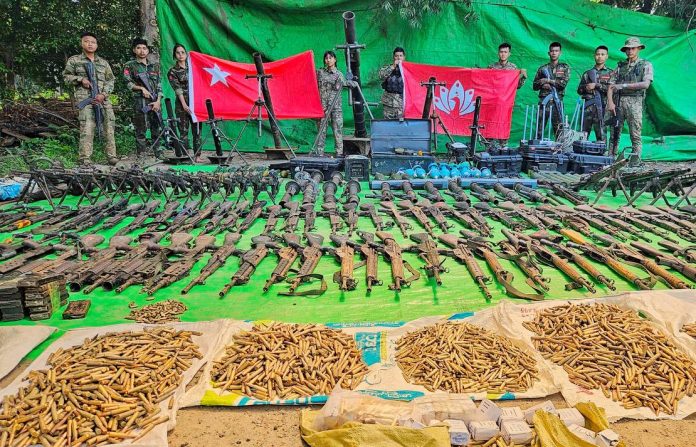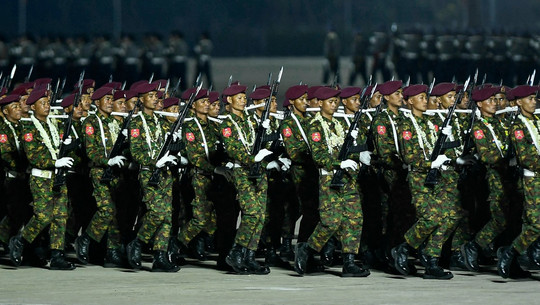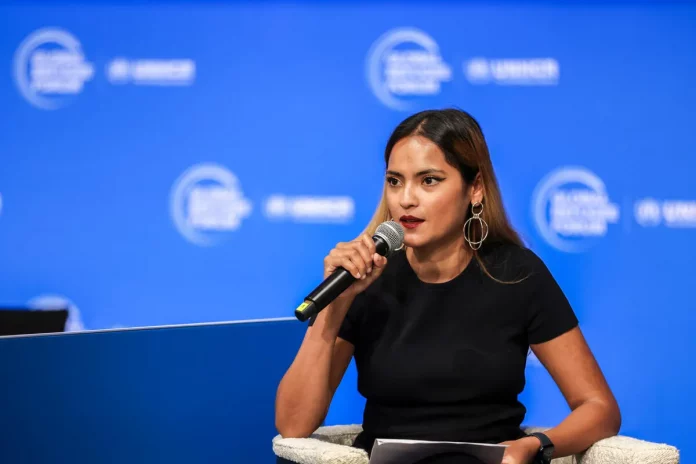People’s Defense Force claims full control of Thabeikkyin
The People’s Defense Force (PDF) claimed that it had seized control of Thabeikkyin, 89 miles (143 km) north of Mandalay, from the military on Sunday. The PDF added that regime troops, which were deployed outside of Thabeikkyin, fled the northernmost town in Mandalay Region.
“Around 130 military personnel including [pro-military] Pyusawhtee militias retreated from the town to the outskirts [on Aug. 19]. We arrested a lieutenant colonel and seized many weapons on Sunday,” said a PDF spokesperson. He added that four PDF members were killed during the fighting. The military carried out retaliatory airstrikes on Sunday.
The National Unity Government (NUG) Ministry of Defense claimed that a lieutenant colonel in the military was arrested in Thabeikkyin and is being held in accordance with the Geneva Conventions. The PDF stated that it has seized weapons, anti-drone equipment, and communications devices since it launched its attack against the military in Thabeikkyin on Aug. 17.
Crisis Group analyzes Arakan Army administration
A report released by the International Crisis Group (ICG) today stated that the Arakan Army (AA) now controls a large swathe of territory along the Burma-Bangladesh border in Arakan State and southern Chinland. The AA faces difficulties administering its territory due to financial constraints as well as sea and road blockades by the military, according to the report.
“The Arakan Army has created the largest ethnic armed group-controlled area in Myanmar with more than one million people in its territory. But it is facing huge challenges. Neighbouring states, particularly the new interim government in Bangladesh, should engage more closely with the group,” said Thomas Kean, the ICG senior consultant on Myanmar and Bangladesh.
Kean added that the AA should take steps to improve relations with the Rohingya community and support an independent investigation into reports of alleged atrocities committed against civilians in Maungdaw and Buthidaung townships in northern Arakan. The AA has seized full control of nine townships in Arakan, as well as one in southern Chinland, since it launched its offensive on Nov. 13.
China strengthens security along Burma border
China’s People’s Liberation Army (PLA) stated on Monday that it conducted armed patrols in Ruili, Zhenkan, and other areas along the Burma-China border in Yunnan Province. Ruily and Zhenkan counties border Burma’s Kachin and Shan states, where fighting between resistance forces and the military has escalated since Oct. 27.
“The operation aimed to test the rapid maneuverability, multidimensional blockade and joint strike capabilities of the troops, and maintain security and stability in border areas,” the PLA stated. It is scheduled to carry out live fire exercises near the Burma border Aug. 27-29.
The military exercises come after Chinese diplomats discussed security along the border with regime officials, including with Min Aung Hlaing on Aug. 14. Much of northern Shan State, along the Burma-China border, has come under the control of the Brotherhood Alliance since it launched Operation 1027.
News by Region
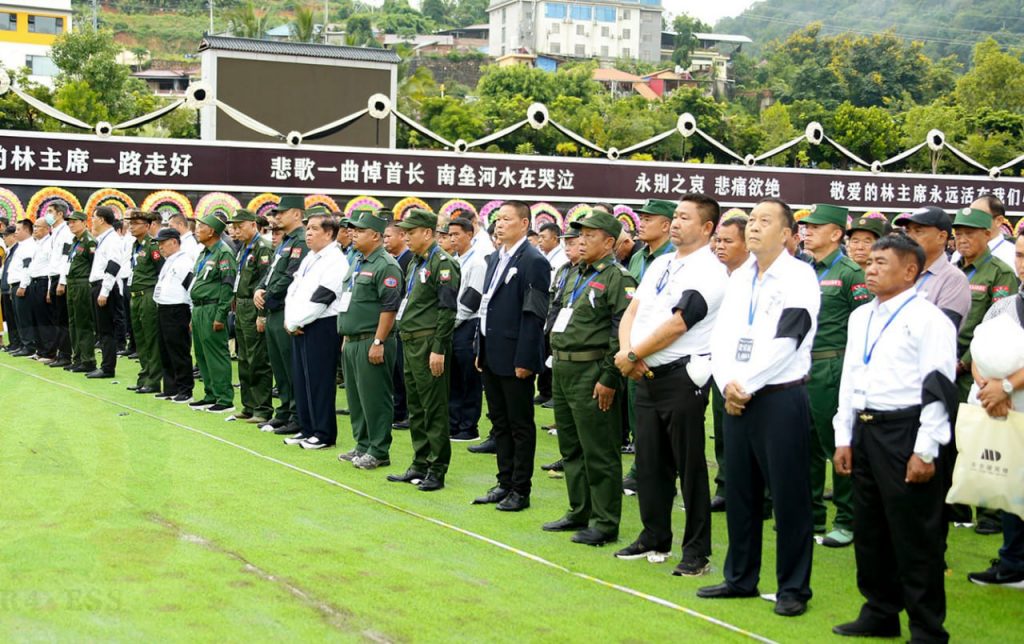
SHAN—The funeral of Sai Leun, the leader of the National Democratic Alliance Army (NDAA), was held in Mongla, the capital of the Shan State Special Region 4, located in eastern Shan State on Friday. He died from lung cancer at age 78 on Aug 8.
“He gained the love and respect of the people as he valued peace and made efforts for regional stability and development,” said San Pae, the vice-chair of the NDAA ,at the funeral. Officials from ethnic armed groups and the military attended the ceremony. Htein Lin, the son of Sai Luen, took over as NDAA leader. The NDAA was founded in 1989.
ARAKAN—The Arakan Army (AA) stated on Saturday that it will soon establish full control over Maungdaw town near the Burma-Bangladesh border in northern Arakan State. It claims that it has seized control of seven out of eight police battalions in Maungdaw since it launched an attack on military outposts there earlier this month.
“The fighting in Maungdaw is still in its most intense state. The AA has the upper hand in the city while its troops are attacking the No.5 Border Guard Police Battalion,” said a military analyst who’s closely monitoring. The AA claims that it rescued 20,000 civilians and arrested military personnel, including members of pro-military Rohingya militias, during fighting in Maungdaw.
BAGO—The Assistance Association for Political Prisoners (AAPP) stated that eight women political prisoners were injured at Daik-U Prison in eastern Bago Region on Aug. 19. It claimed that armed prison staff entered the female ward of the prison and assaulted the eight.
The AAPP described the situation for political prisoners as “life-threatening” and highlighted the death of filmmaker and political prisoner Pe Maung Same on Aug. 19. It claimed that his death was the result of inadequate medical treatment during his two-year detention. The AAPP has documented that 101 political prisoners have been killed due to a lack of proper medical care since the 2021 military coup.
MANDALAY—The military has sent reinforcements into Madaya Township and has carried out airstrikes since early August. It seeks to prevent the PDF from seizing it. Telecommunications have been shut down in most of Madaya. “The military increased its troops along Madaya-Mandalay highway” said a Madaya PDF spokesperson. The PDF and Brotherhood Alliance launched a joint offensive in Mandalay Region on June 25.
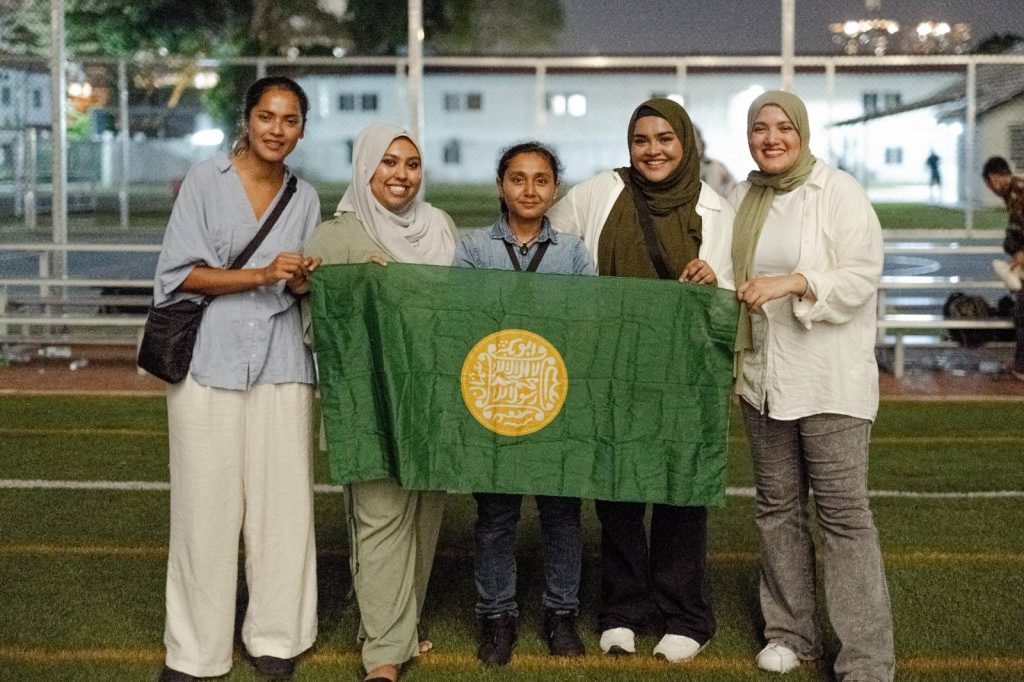
Read: Rohingya women: Rebuilding our community, one step at a time. DVB English News is on X, FB, IG, Threads & TikTok. Subscribe to us on YouTube. Find us on YouTube Music.


